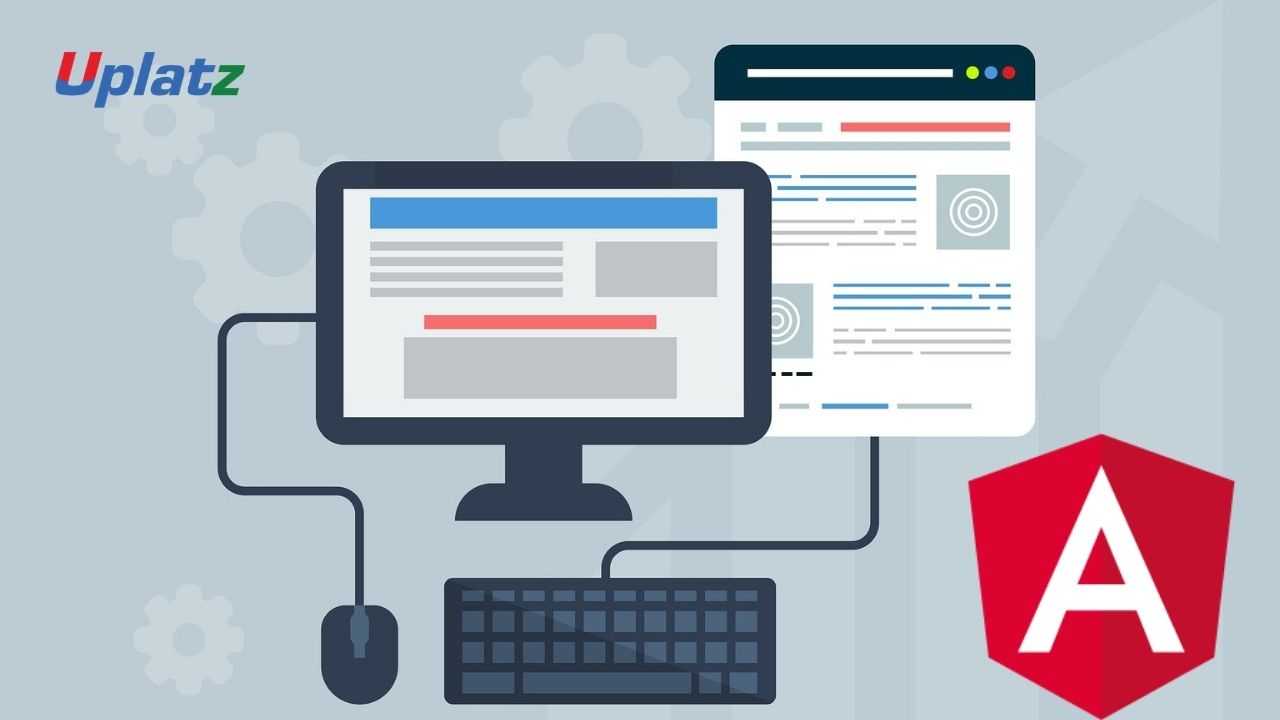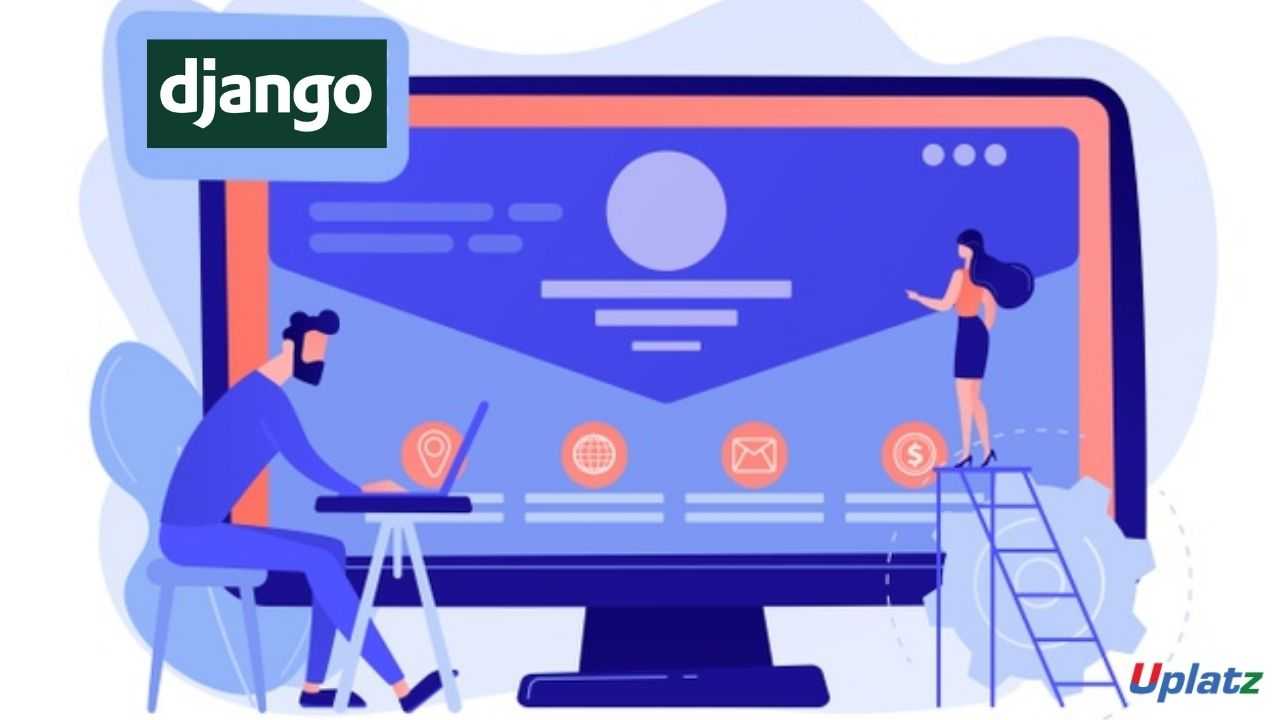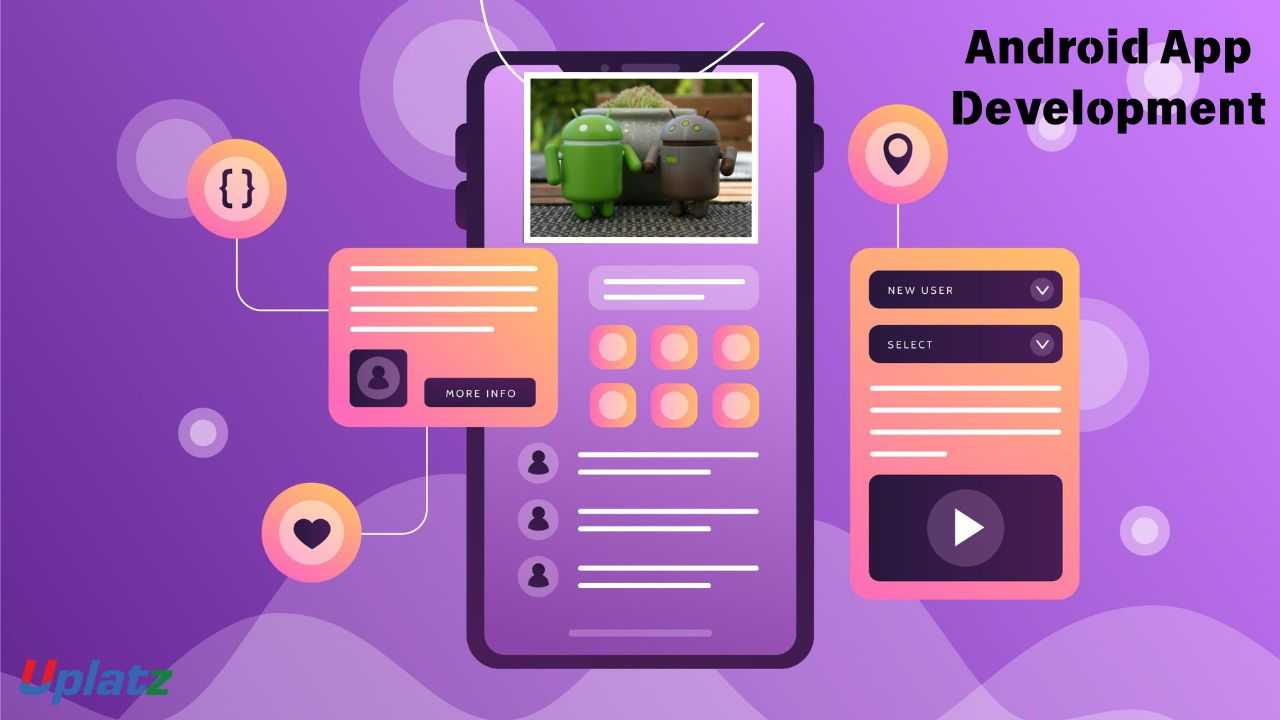kotlin
Learn Modern Kotlin Programming for Android and Backend Development – From Basics to Advanced Functional ProgrammingPreview kotlin course
Price Match Guarantee Full Lifetime Access Access on any Device Technical Support Secure Checkout Course Completion Certificate 92% Started a new career
BUY THIS COURSE (
92% Started a new career
BUY THIS COURSE (GBP 12 GBP 29 )-
 87% Got a pay increase and promotion
87% Got a pay increase and promotion
Students also bought -
-

- Angular 8
- 20 Hours
- GBP 12
- 1482 Learners
-

- Django
- 20 Hours
- GBP 12
- 341 Learners
-

- Android App Development
- 10 Hours
- GBP 12
- 10 Learners

Course/Topic 1 - Coming Soon
-
The videos for this course are being recorded freshly and should be available in a few days. Please contact info@uplatz.com to know the exact date of the release of this course.
- Understand Kotlin fundamentals including variables, functions, classes, and inheritance.
- Apply object-oriented and functional programming concepts using Kotlin.
- Use null safety, type inference, smart casts, and extension functions.
- Develop Android applications using Kotlin in Android Studio.
- Implement Jetpack components like ViewModel, LiveData, and Room Database.
- Work with Retrofit, Coroutines, and Firebase in Android development.
- Build RESTful APIs and backend services using Kotlin and Ktor.
- Connect Kotlin backend to databases using Exposed and PostgreSQL.
- Use MVVM architecture and write unit/instrumentation tests.
Kotlin – Course Syllabus
1. Advanced Kotlin Language Features
-
Functional programming in Kotlin: Lambdas, inline functions
-
Kotlin's type system and null safety
-
Extension functions, infix notation, and operator overloading
-
DSL construction and use cases
-
Reflection and annotations
2. Kotlin Application Architecture
-
Clean Architecture principles
-
MVVM and MVI patterns in Kotlin applications
-
Dependency Injection with Koin and Dagger/Hilt (in non-Android projects)
-
Modularity and multi-module project setup
-
Managing state with sealed classes, StateFlow, and SharedFlow
3. Networking and APIs
-
Ktor client/server for network communication
-
Serialization with Kotlinx Serialization and Moshi
-
Error handling and retry logic in HTTP calls
-
Building and consuming RESTful APIs with Kotlin
4. Data Storage & Persistence
-
Working with SQLDelight, Exposed, and other Kotlin-first database tools
-
File I/O and serialization formats (JSON, ProtoBuf, XML)
-
Secure data storage and encryption strategies
-
In-memory and on-disk caching strategies
5. Concurrency & Background Processing
-
Kotlin Coroutines: basics to advanced
-
Structured concurrency and coroutine scopes
-
Channels and Flows for reactive programming
-
Writing thread-safe code with Mutex and SharedFlow
6. Kotlin for Desktop, Web, and Multiplatform
-
JetBrains Compose for Desktop UI
-
Kotlin/JS for web applications
-
Kotlin Multiplatform (KMP): sharing code across Android, iOS, Desktop
-
Interop with Swift, JavaScript, and Java
7. Testing and Debugging in Kotlin
-
Unit testing with JUnit5, Kotest, and MockK
-
Integration testing strategies
-
Benchmarking and performance profiling
-
Debugging Kotlin with IntelliJ and logging best practices
8. Build Tools and DevOps Integration
-
Gradle Kotlin DSL (build.gradle.kts)
-
Creating and publishing Kotlin libraries
-
Static code analysis: Detekt and Ktlint
-
CI/CD setup with GitHub Actions or GitLab CI
9. Performance & Optimization
-
Inline functions and performance trade-offs
-
Memory management and JVM internals
-
Profiling Kotlin applications
-
Best practices for optimizing startup and runtime performance
10. Real-World Projects & Interview Preparation
-
Build Kotlin apps: CLI tools, REST API server, Desktop tools
-
Code reviews and architecture deep-dives
-
Kotlin-specific interview questions and problem-solving
-
Contribution to open-source Kotlin projects
- Android Developer
- Kotlin Developer
- Mobile App Engineer
- Backend Engineer (Kotlin/Ktor)
- Full-Stack Developer
- Firebase Developer
- Software Engineer – Mobile or Cloud
- What is Kotlin?
Kotlin is a statically typed programming language developed by JetBrains, fully interoperable with Java, and designed for concise, safe, and expressive code. - How is Kotlin better than Java?
Kotlin offers null safety, concise syntax, smart casts, extension functions, and coroutines, reducing boilerplate and common runtime errors. - What is a data class in Kotlin?
A data class automatically provides methods like toString(), equals(), and copy() for holding immutable data. - What are Kotlin Coroutines used for?
Coroutines simplify asynchronous programming by enabling non-blocking, concurrent operations in a readable way. - How do you handle null safety in Kotlin?
Kotlin uses nullable types (e.g., String?) and safe call operators (?.) to prevent NullPointerException. - What is Jetpack in Android development?
Jetpack is a suite of Android libraries including ViewModel, LiveData, Room, Navigation, and others that support modern app architecture. - What is the difference between val and var in Kotlin?
val is used for read-only (immutable) variables, while var is for mutable variables. - What is Ktor in Kotlin?
Ktor is a framework for building asynchronous servers and web applications in Kotlin. - Can Kotlin be used for backend development?
Yes, Kotlin can be used with frameworks like Ktor and Spring Boot for building scalable server-side applications. - How do you use Retrofit in Kotlin?
Retrofit is used to make network API calls in Android/Kotlin apps, usually combined with Coroutines and Gson for JSON parsing.









